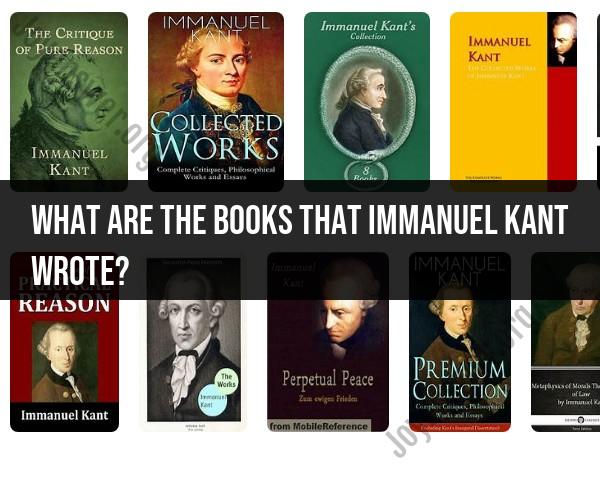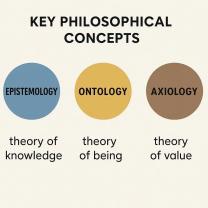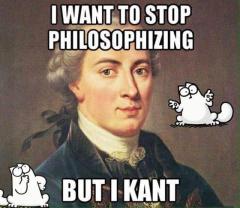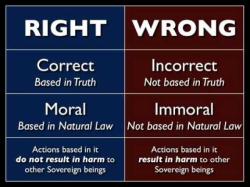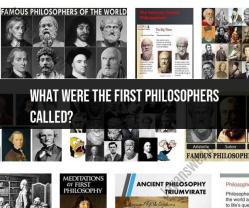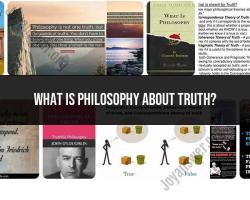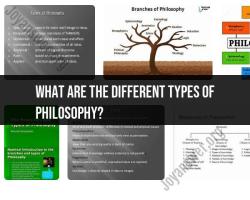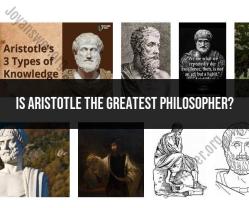What are the books that Immanuel Kant wrote?
Immanuel Kant, a German philosopher, is renowned for his significant contributions to Western philosophy. His works have had a profound impact on metaphysics, epistemology, ethics, and aesthetics. Some of Immanuel Kant's most influential books and philosophical works include:
"Critique of Pure Reason" (Kritik der reinen Vernunft) (1781):
- This seminal work is one of Kant's most influential writings. In it, he explores the nature of human knowledge, the limits of reason, and the relationship between experience and concepts.
"Groundwork of the Metaphysics of Morals" (Grundlegung zur Metaphysik der Sitten) (1785):
- In this ethical treatise, Kant lays out the foundational principles of his moral philosophy. He introduces the concept of the categorical imperative, a fundamental principle in his ethical system.
"Critique of Practical Reason" (Kritik der praktischen Vernunft) (1788):
- Building on the groundwork laid in his earlier ethical work, Kant explores the practical application of moral principles in this critique. He discusses the concept of moral autonomy and the relationship between reason and morality.
"Critique of Judgment" (Kritik der Urteilskraft) (1790):
- In this work, Kant delves into aesthetics and teleology. He examines the nature of aesthetic judgment, the concept of the sublime, and the relationship between beauty and morality.
"Prolegomena to Any Future Metaphysics" (Prolegomena zu einer jeden künftigen Metaphysik) (1783):
- This is a concise overview and introduction to Kant's "Critique of Pure Reason." It serves as a helpful guide for readers who may find the longer and more complex "Critique" challenging.
"Metaphysical Foundations of Natural Science" (Metaphysische Anfangsgründe der Naturwissenschaft) (1786):
- In this work, Kant addresses the relationship between metaphysics and the natural sciences, particularly physics. He discusses the foundations of the philosophy of science.
"Anthropology from a Pragmatic Point of View" (Anthropologie in pragmatischer Hinsicht) (1798):
- In this late work, Kant explores the nature of anthropology and human behavior from a pragmatic standpoint. He addresses topics such as education, culture, and the empirical study of human nature.
These works represent only a portion of Kant's philosophical writings. Kant's ideas have had a lasting impact on philosophy, and his works remain essential reading for those interested in metaphysics, epistemology, ethics, and aesthetics.
Immanuel Kant: Philosophy's Colossus
Immanuel Kant (1724-1804) stands as a towering figure in the history of Western philosophy. His work revolutionized the field, impacting nearly every subsequent philosophical movement. Here's a dive into his major contributions:
1. Major Works:
- Critique of Pure Reason (1781): Arguably Kant's magnum opus, it investigates the limits of human knowledge and argues that space and time are not properties of the world but mental frameworks through which we experience it.
- Critique of Practical Reason (1788): Explores the foundations of morality, proposing the Categorical Imperative as a universal moral law based on reason.
- Critique of Judgment (1790): Bridges the gap between theoretical and practical reason, analyzing aesthetics and teleology (the purpose of things).
- Groundwork of the Metaphysics of Morals (1785): Presents the Categorical Imperative and lays the foundation for Kant's ethical theory.
- Metaphysics of Morals (1797): Further develops Kant's moral philosophy, delving into topics like virtue and law.
2. Philosophic Influence:
- Transcendental Idealism: Kant's concept that our minds shape our experience of reality deeply influenced subsequent philosophers like Fichte, Schelling, and Hegel.
- Deontological Ethics: Kant's focus on duty and universal moral principles shaped modern ethical theory, influencing figures like John Rawls and Jürgen Habermas.
- Aesthetics: Kant's analysis of beauty as subjective but universally communicable laid the groundwork for modern aesthetics and art theory.
- Political Philosophy: Kant's concept of perpetual peace continues to influence discussions on international relations and global justice.
3. Key Philosophical Concepts:
- Categorical Imperative: The universal moral law, requiring us to act only in ways that we would want to become universal laws.
- Transcendental Idealism: The idea that space and time are not features of the world but ways our minds structure our experience.
- Noumena and Phenomena: The distinction between the unknowable "thing-in-itself" (noumenon) and the appearances we can access (phenomena).
- Good Will: The central concept of Kant's ethics, referring to acting on duty purely for the sake of duty, regardless of consequences.
4. Kant's Legacy:
- Foundational Figure: Kant is considered one of the most important philosophers in history, having fundamentally reshaped the field.
- Subject of Continued Study: His work continues to be studied and debated in academic circles, with many interpretations and applications emerging.
- Global Significance: Kant's ideas influence various disciplines beyond philosophy, including law, politics, literature, and theology.
5. Significance of Kant's Contributions:
- Revolutionized our understanding of knowledge and morality: Kant challenged established concepts of knowledge and morality, introducing groundbreaking ideas that continue to shape our understanding today.
- Provided a universal ethical framework: Kant's Categorical Imperative offers a universal moral law applicable to all individuals, regardless of culture or context.
- Influenced diverse fields of thought: From science and art to politics and law, Kant's ideas have shaped various aspects of human thought and society.
Immanuel Kant's lasting influence on philosophy is undeniable. His bold inquiries into the nature of reality, knowledge, and morality continue to inspire and challenge thinkers across disciplines. Whether exploring his monumental works or encountering his concepts in diverse fields, it's clear that Kant's impact on our understanding of the world remains profound.
